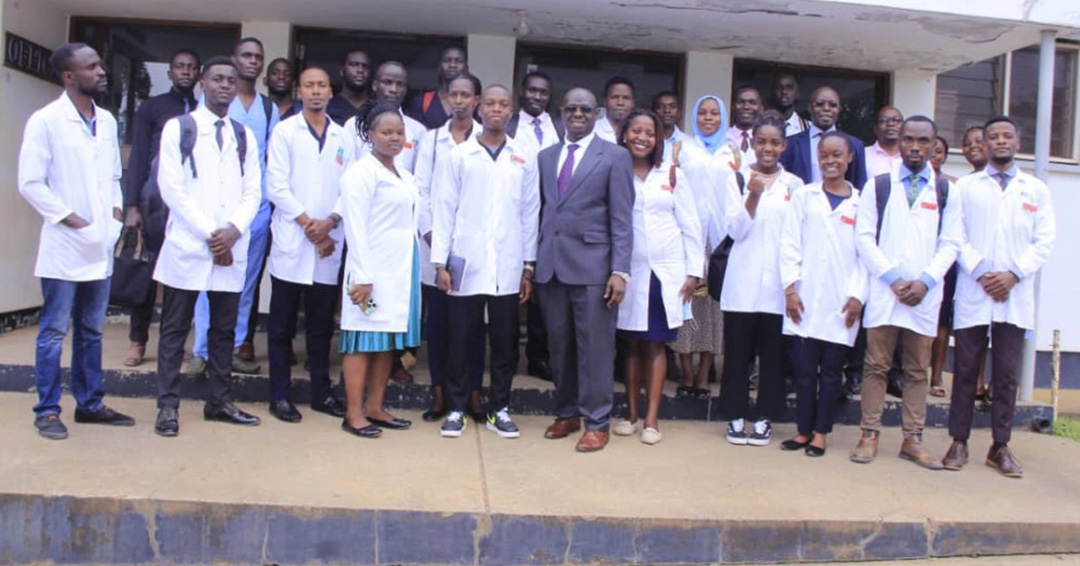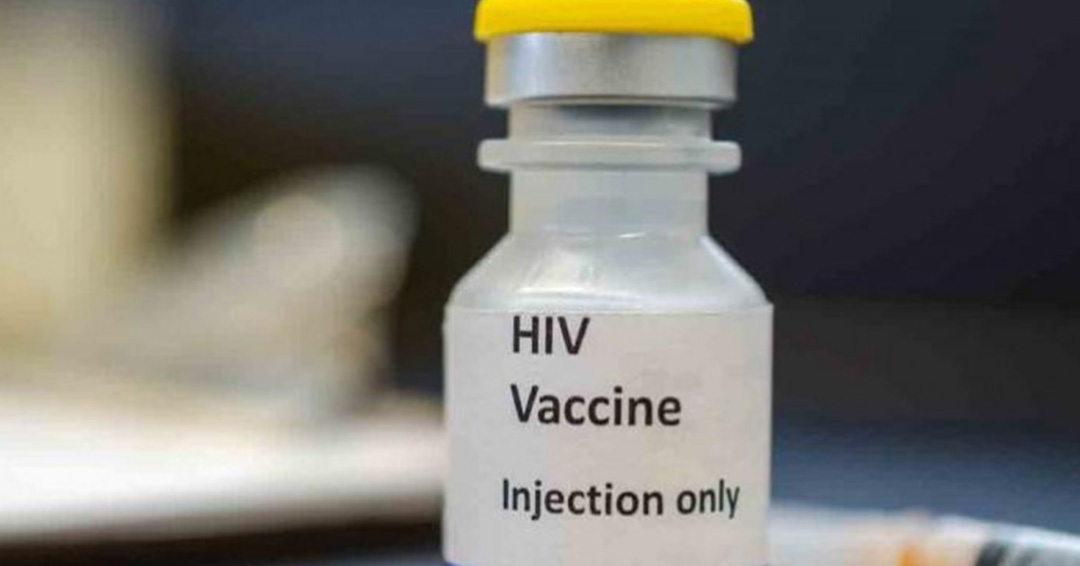
Sep
KIU Teaching Hospital Strengthens Partnership With Kitagata General Hospital
September 5, 2024, 9:40 am
 Administrator
Administrator

By avert.org
The first phase of HIV-CORE 006, a clinical trial for a new HIV vaccine, has begun in Lusaka, Zambia and will soon extend to Kenya and Uganda.
The first dose of the new HIV vaccine, which is called HIVconsvX, was given at the Center for Family Health Research in Zambia (CFHRZ) on 3 August.
The trial will begin with 88 adults, aged 18-55. They will receive one dose of HIVconsvX, followed by a further dose at four weeks. None of the trial’s participants have HIV and all are at low risk of infection.
The trial will test how well HIVconsvX works, as well as its safety and tolerability.
HIVconsvX has been designed to combat different strains of HIV. This is one of the biggest challenges researchers face because many different strains of HIV exist in different parts of the world. HIV-1 sub-type B is common in North America and Europe, for example, while sub-type C is common in southern and eastern Africa.
Most experimental HIV vaccines work by causing B-cells to make antibodies, but HIVconsvX works through the immune system’s T-cells. This means it can target aspects of the virus that most variants share.
The trial is being run by the Globally Relevant AIDS Vaccine Europe-Africa Trials Partnership (GREAT). Dr. Paola Cicconi, Senior Clinical Research Fellow at the University of Oxford, which is one of GREAT’s lead partners, said: “An effective HIV vaccine remains an essential but unrealised component of the HIV prevention toolkit and remains the most cost-effective and desirable solution to end the HIV epidemic.”
Research on HIV vaccines first began in the 1980s, but progress has been slow.
Studies from previous trials have shown some evidence that HIV vaccine designs can produce strong immune responses that prevent certain strains of HIV.
It is hoped that an effective vaccine will be available by 2030, but it is not yet clear if this is realistic. Results from trials such as this one will provide more information about how long it is likely to take to develop an effective vaccine.
The results of the HIV-CORE 006 trial are due to be reported by the end of 2022.
Photo: avert.org
Kampala International University,
Box 20000, Ggaba Road, Kansanga, Kampala
+256-760 502660
+256-700 100808